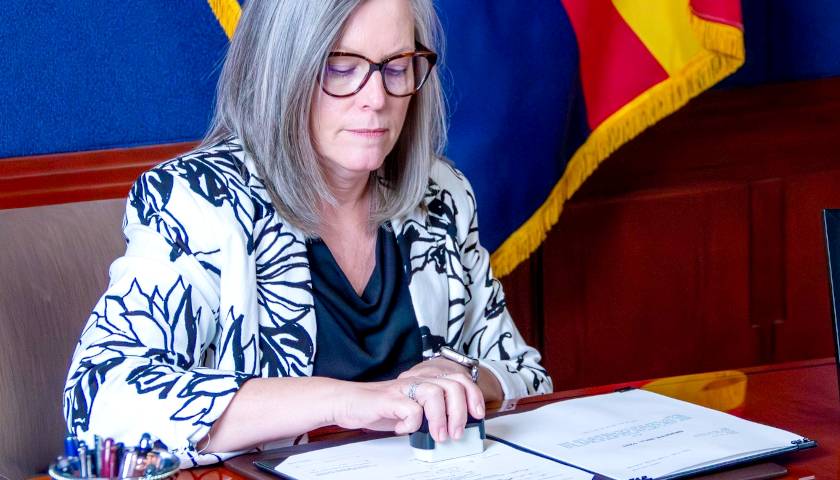by Bethany Blankley
A new RealClear Opinion Research poll of 2,122 registered voters found that a strong majority surveyed support school choice and 40 percent are more likely to pursue homeschooling opportunities after COVID-19 restrictions end.
Slightly more than 40 percent polled said they are more likely to home school or virtual school after lockdowns. Before the coronavirus shutdown, roughly 4 percent of K-12 students were in home education settings.
More than 64 percent polled said they support school choice and 69 percent support the federal Education Freedom Scholarships proposal.
The majority supporting these measures are young parents between the ages of 18 and 34, the poll found.
“Every single family with kids in school has been incredibly disrupted by the lockdowns,” John Schilling, president of the American Federation of Children, said in a prepared statement. “With 55 million students no longer in their normal educational setting, families are clearly considering new options and many are seeing the benefits of homeschooling and virtual schooling.”
Of those who said they would enroll their children in a home school, neighborhood home school co-op, or virtual school, 53.8 percent were Asian parents and 50 percent were black parents.
Among the majority who support federal Education Freedom Scholarships, nearly 72 percent were between the age of 18 and 34, 74 percent were black, and 72 percent lived in an urban area.
The scholarships are 100 percent privately funded by donations and do not take taxpayer money from local public school students or public school teachers, the U.S. Department of Education states.
Of the 64 percent of respondents who said they support school choice and the right to use the tax dollars designated for their child’s education to send their child to the public or private school that best serves their needs, 67 percent were between the age of 18 and 34, 67 percent were black, and 69 percent lived in an urban environment.
The American Federation for Children, which commissioned the poll, argues the findings indicate the need for education reform.
“Millions of families are seeing the inadequacies of school districts that are too inflexible,” Schilling said. “We owe it to our nation’s families and students to give them more flexibility and additional educational options.”
Among registered voters polled in Florida, Georgia, Kentucky and Virginia in December 2019, more than 70 percent in each state support school choice, with the lowest support of 71 percent reported in Virginia and the highest support of 79 percent in Georgia.
Nationwide, since the first school choice poll was conducted in January 2015 for the American Federation for Children, a strong majority has expressed support for school choice ranging from 63 percent to 73 percent.
– – –
Bethany Blankley is a contributor to The Center Square.




